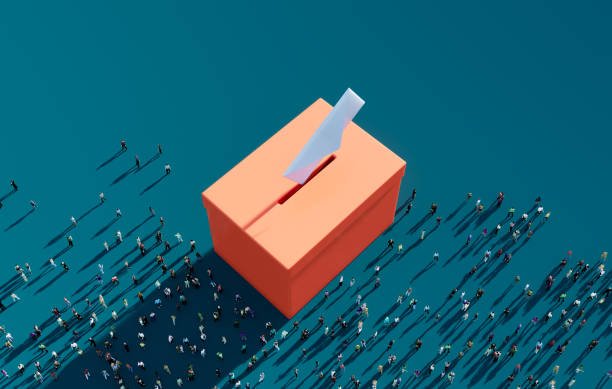
Overview of the National Guard Deployment
In August 2025, President Donald Trump initiated a controversial deployment of the National Guard across several major U.S. cities, most notably Washington, D.C. This unprecedented move came as part of an executive order declaring a “crime emergency” in the nation’s capital. For the first time in history, control of the Metropolitan Police Department in D.C. was federalized, transferring authority to federal law enforcement and National Guard troops.
Approximately 2,000 National Guard members were deployed, including units from D.C. and states such as Texas. They were tasked with patrolling high-profile areas like Union Station and the National Mall, equipped to assist in law enforcement duties such as arrests and firearm seizures. The administration reported that this action resulted in over 700 arrests and 91 illegal firearms confiscated within weeks.
Legal and Political Reactions
Local and National Opposition
The deployment has faced strong opposition from local officials and residents. D.C. Mayor Muriel Bowser criticized the militarization of the city, expressing concerns about its effects on community safety and civil liberties. Meanwhile, governors from Democratic-led states, including Illinois Governor JB Pritzker, condemned the move as unconstitutional and politically motivated, asserting that the use of National Guard forces should be under state control.
Public Sentiment and Political Implications
Public opinion polls indicate a divided reaction, with a slight majority opposing the federal takeover of local police forces and labeling the action as authoritarian. The deployment has also stirred heated debates nationwide about the balance between federal authority and local governance, especially as the 2026 midterm elections approach.